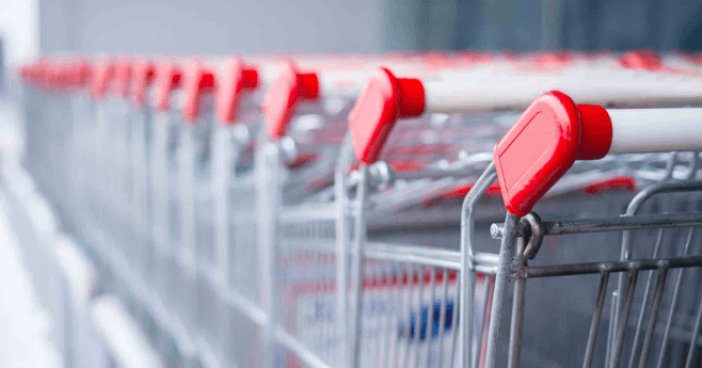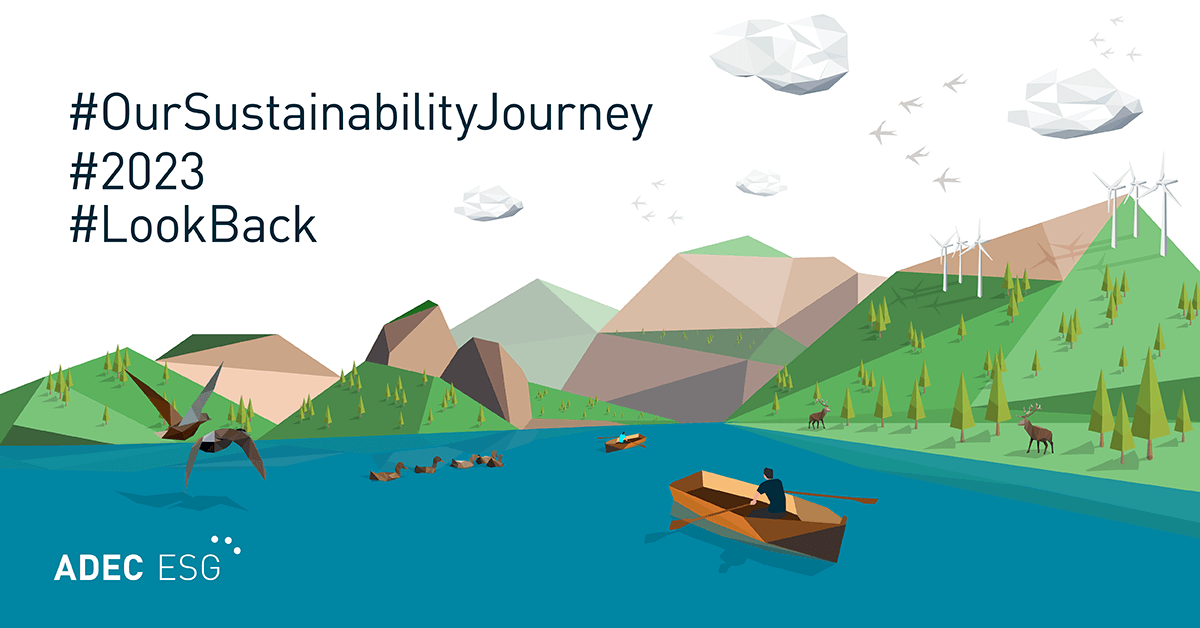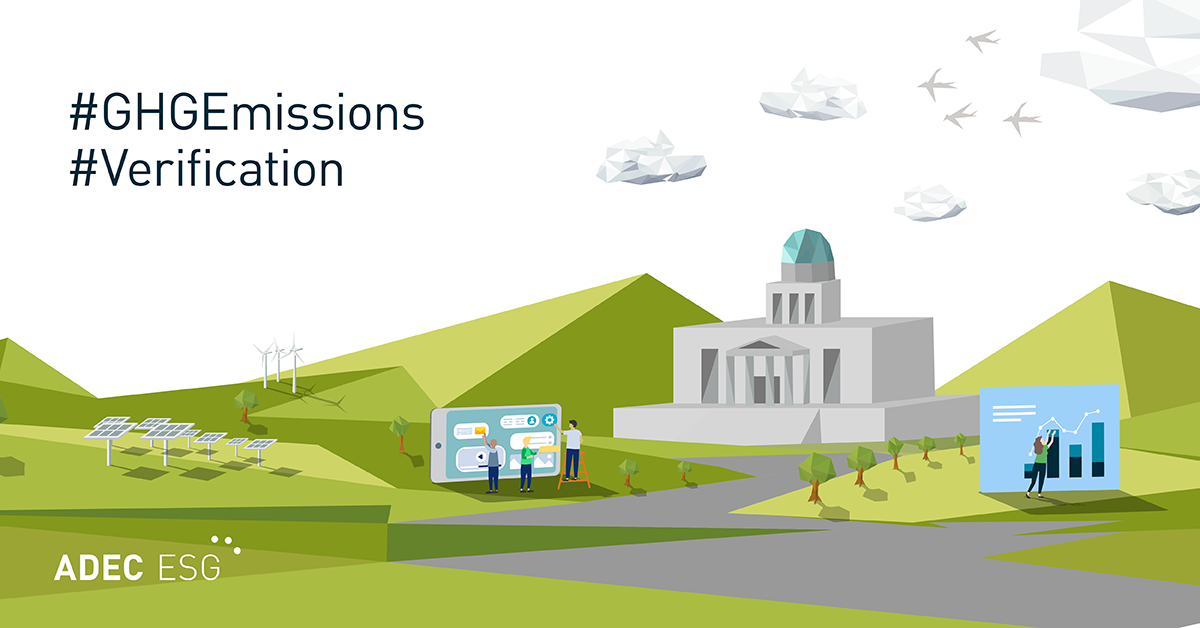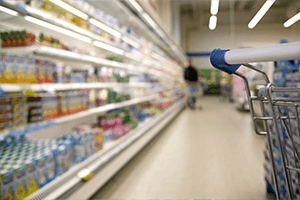 Sustainability in the retail industry has evolved in recent years. As consumers become more conscious of their environmental impact, companies are also starting to adapt to sustainability trends. A company that adapts sustainability practices shows that it exists not only to gain profit and drive revenue growth; but also that they recognize their responsibility to be accountable to the community and the environment.
Sustainability in the retail industry has evolved in recent years. As consumers become more conscious of their environmental impact, companies are also starting to adapt to sustainability trends. A company that adapts sustainability practices shows that it exists not only to gain profit and drive revenue growth; but also that they recognize their responsibility to be accountable to the community and the environment.
Currently, retail chains encounter increasing demands and challenges of various stakeholders to produce sustainable goods. As consumers become more inclined to buy products they deem to be “eco-friendly,” non-government organizations (NGOs) and government agencies also involve themselves in supporting sustainable programs of companies. Financial investors also take special interest in a company’s sustainability performance as this initiative often translates to an increase in efficiency and profit.
Organizations have made a conscious effort to be more sustainable in order to meet the ongoing demands and changing needs of their key stakeholders. To explore cost-saving opportunities and enhance workforce commitment; sustainability programs that reduce energy, greenhouse gases, and chemical wastes are being implemented by organizations.The Retail Industry Leaders Association (RILA) reported that the opportunity to pursue sustainability programs in the retail chain can induce a number of benefits. These include customer loyalty, decreased dependence on natural resources, enhanced innovation of business practices, and improved reputation among industry stakeholders.
Successful retail companies such as Google and Starbucks started to adopt sustainable practices and green supply chain management. For example, Starbucks created eco-friendly stores showcasing cabinets made of 90% post-industrial material and low-flow water valves; and adjusting the temperature of their air-conditioned stores to reduce operations cost. Google, on the other hand, started an environmentally-aware corporate culture through launching initiatives such as renewable energy-powered facilities, bringing goats to trim lawns, and holding farmers markets and seminars on sustainable-cooking.
such as Google and Starbucks started to adopt sustainable practices and green supply chain management. For example, Starbucks created eco-friendly stores showcasing cabinets made of 90% post-industrial material and low-flow water valves; and adjusting the temperature of their air-conditioned stores to reduce operations cost. Google, on the other hand, started an environmentally-aware corporate culture through launching initiatives such as renewable energy-powered facilities, bringing goats to trim lawns, and holding farmers markets and seminars on sustainable-cooking.
Sustainable companies in the retail industry would monitor and track their performance as they measure their company’s energy, fuel, material usage and waste generation. The RILA report also showed that tracking sustainability metrics and monitoring sustainability investment payback requirements should be for at least two to three years. Retailers will start disclosing their code of conduct compliance, water usage, social compliance audit on suppliers, and renewable energy generation to their stakeholders. To promote transparency to their consumers, retail firms often produce an annual corporate sustainability report that showcases their environmental objectives and performance.
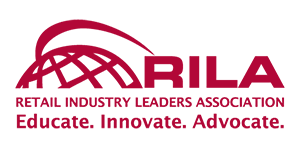 RILA also predicted that by the year 2015, 95% of the retail industry will start producing annual reports on sustainability issues. To keep up with the increasing demand for sustainability, companies in the retail industry need to start strategizing and developing their own sustainability programs. This is why retail firms need to be equipped with the most effective techniques and cost-effective tools to help them adapt to the factors that are now changing the shape of the retail industry.
RILA also predicted that by the year 2015, 95% of the retail industry will start producing annual reports on sustainability issues. To keep up with the increasing demand for sustainability, companies in the retail industry need to start strategizing and developing their own sustainability programs. This is why retail firms need to be equipped with the most effective techniques and cost-effective tools to help them adapt to the factors that are now changing the shape of the retail industry.
As a sustainability expert that caters to the retail industry, FirstCarbon Solutions (FCS) has the authority to give advice on how retail businesses can leverage their sustainability efforts and optimize their operations and retail supply chains. FCS can also cite best practices and stories of success of sustainable retail firms.

